Most expectant parents will do almost anything to ensure that their little bundle of joy comes into the world as a happy and healthy baby.
Between baby proofing the house, attending birthing classes, taking prenatal vitamins, and regular doctor visits, parenting can seem to begin long before the mom's water even breaks.
Preparing for a new baby is a practice as old as time. That said, ideas have changed a lot since the old days when pregnant women were told to smoke by their doctors in order to "encourage regular bowel movements."
Luckily, pregnancy advice has become a little more nuanced over the past few decades. However, that doesn't stop plenty of people from believing nonsense.
Mirror reports that author Matthew Walker's book Why We Sleep suggests that babies spend over 95% of their time in the womb fast asleep and completely unaware of their surroundings.
This could mean that, contrary to what most of us think, things like talking to the baby and "making" them kick actually have nothing to do with the baby responding to its parents or the outside world.
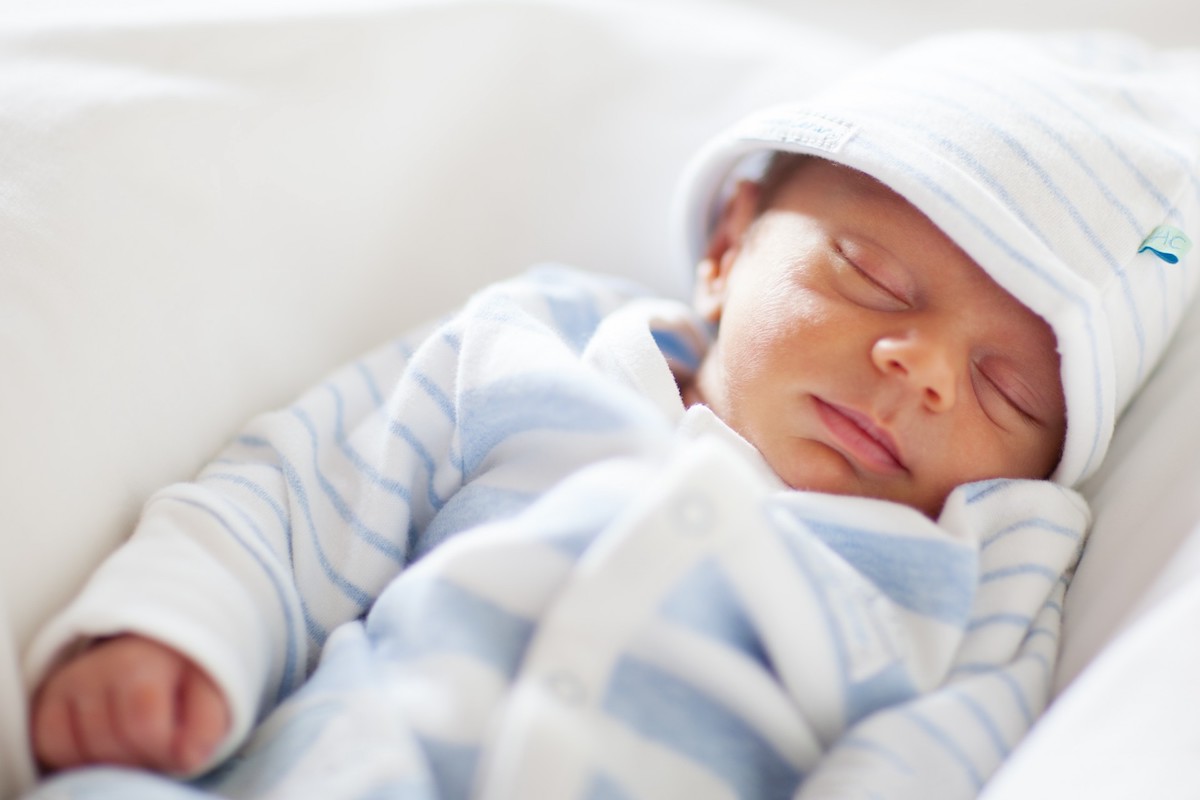
The phrase "I slept like a baby" isn't just a cute way to say you had a great night's sleep.
It comes from the observation that babies sleep very deeply and soundly. In fact, Baby Centre UK says that a newborn needs eight hours worth of daytime sleep (naps) and eight and a half of nighttime sleep.
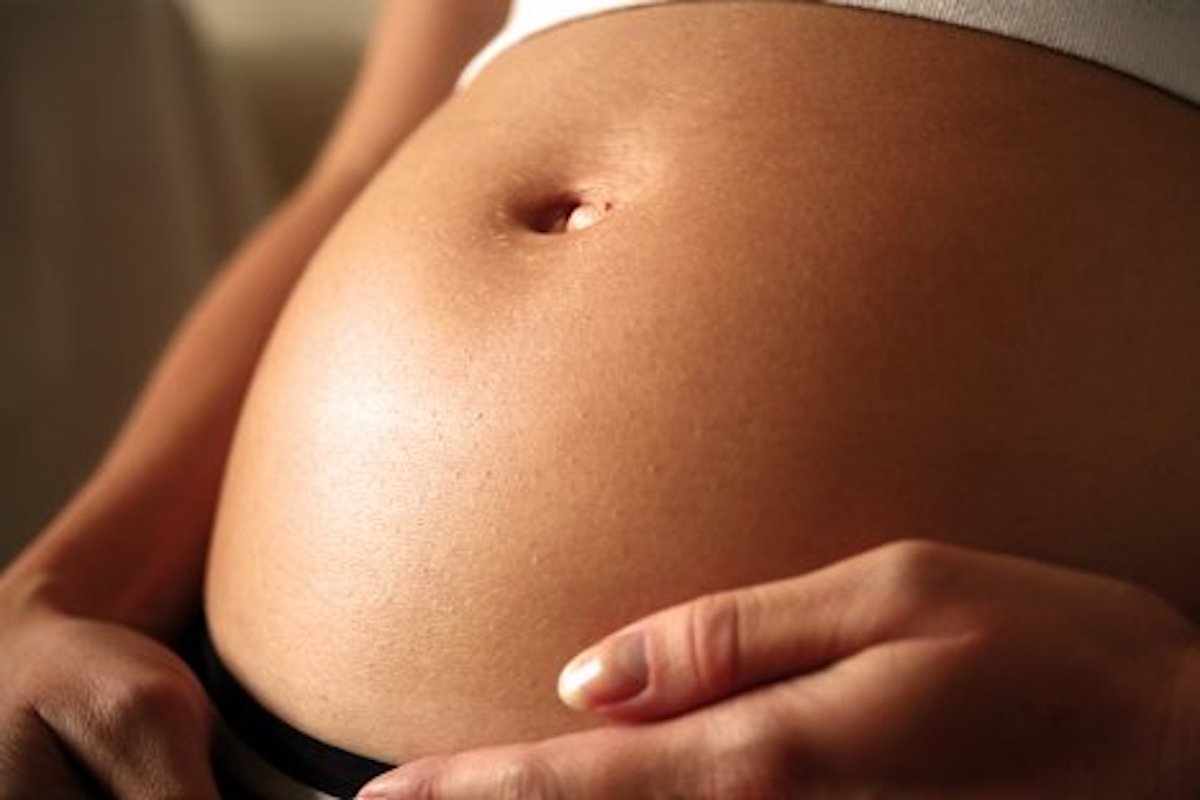
As it turns out, babies get even more shut-eye before they're born. Parents Magazine explains that a fetus spends about 90% to 95% of its time in various stages of sleep and is rarely conscious.
But then, why do babies move and kick? The answer depends on the stage of pregnancy.
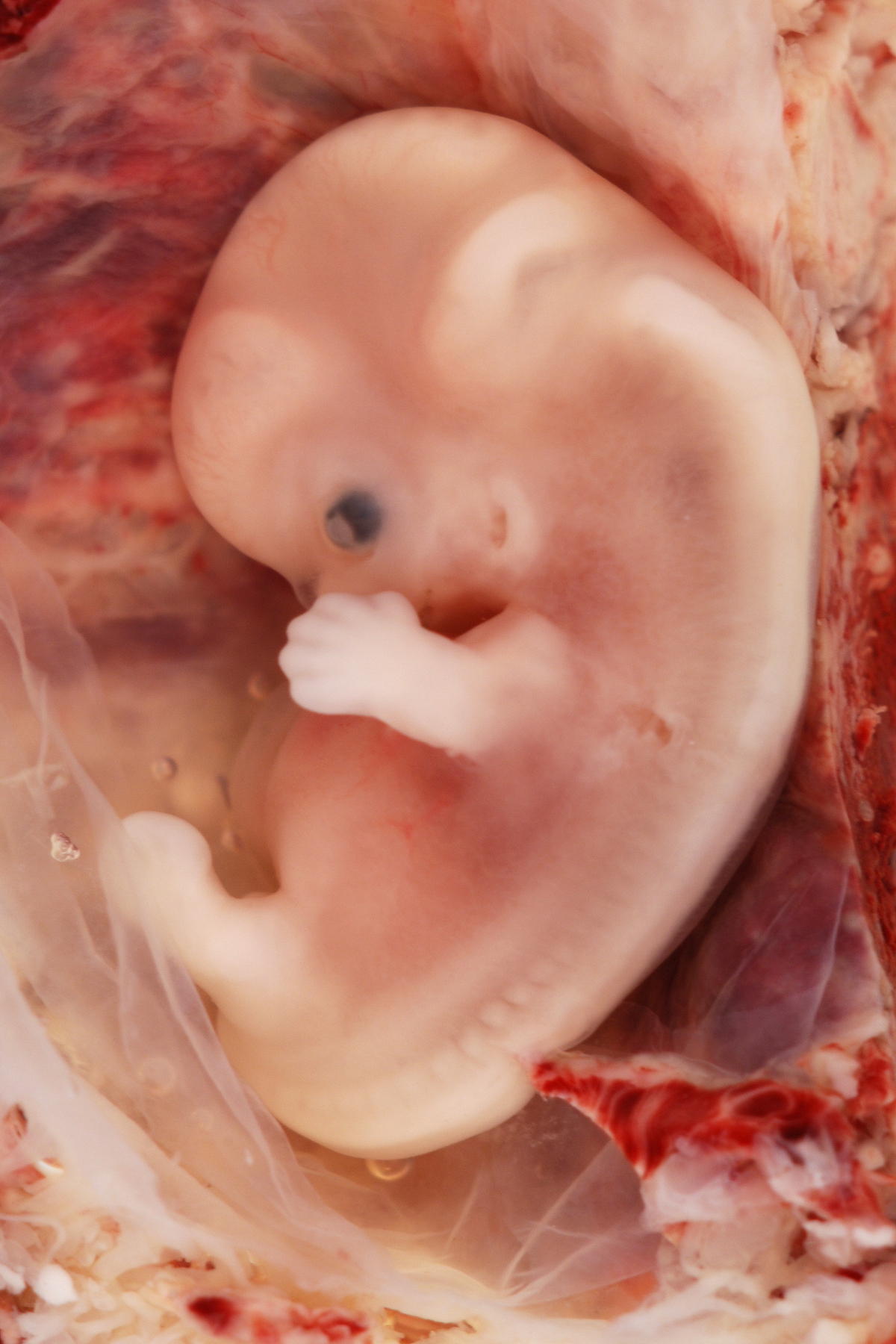
According to the Office on Women's Health, a fetus will be able to make ever so slight movements (such as a fist) at 12 weeks.
That said, there will be little knowledge of movement on the mother's end.
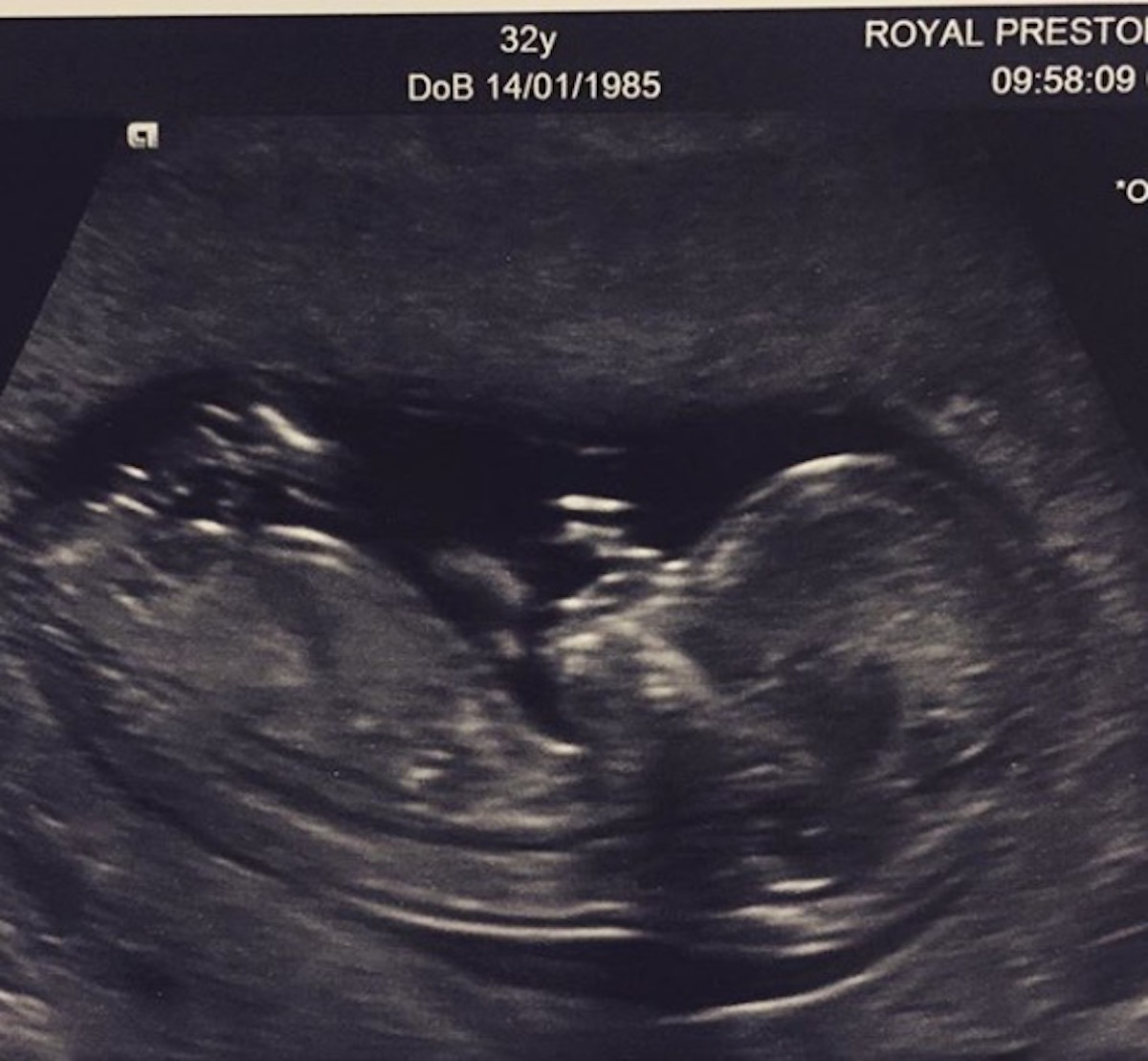
A baby will make more strides during the second trimester, like sucking motions or their first bowel movement!
At about 20 to 24 weeks, the mother may feel "fluttering" as the baby's hand and reflexes begin to form.
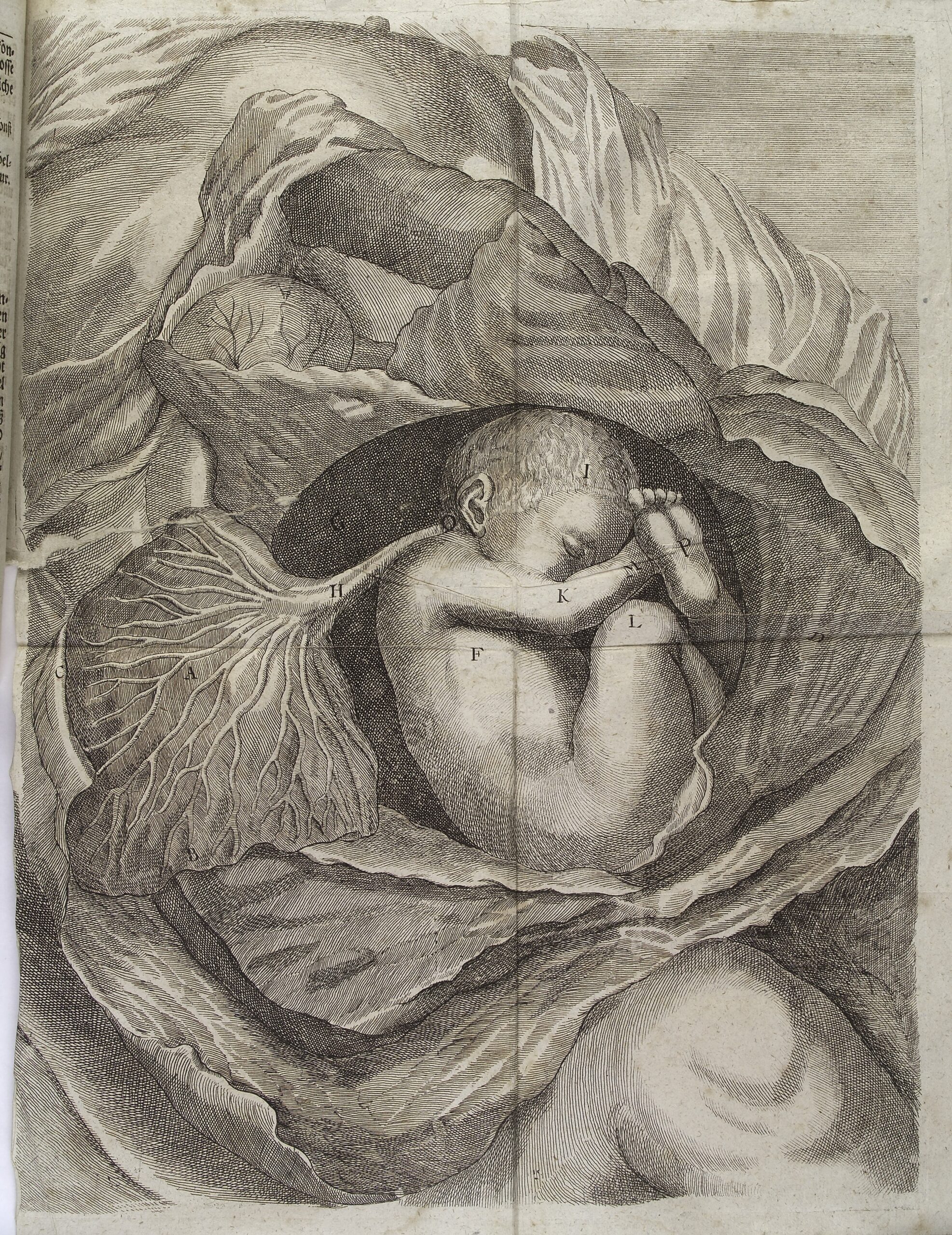
During the third trimester, a baby's movements may feel like jabs or forceful thrusts.
It's at this time that many parents begin to engage with their unborn child and form the basis for their relationship.
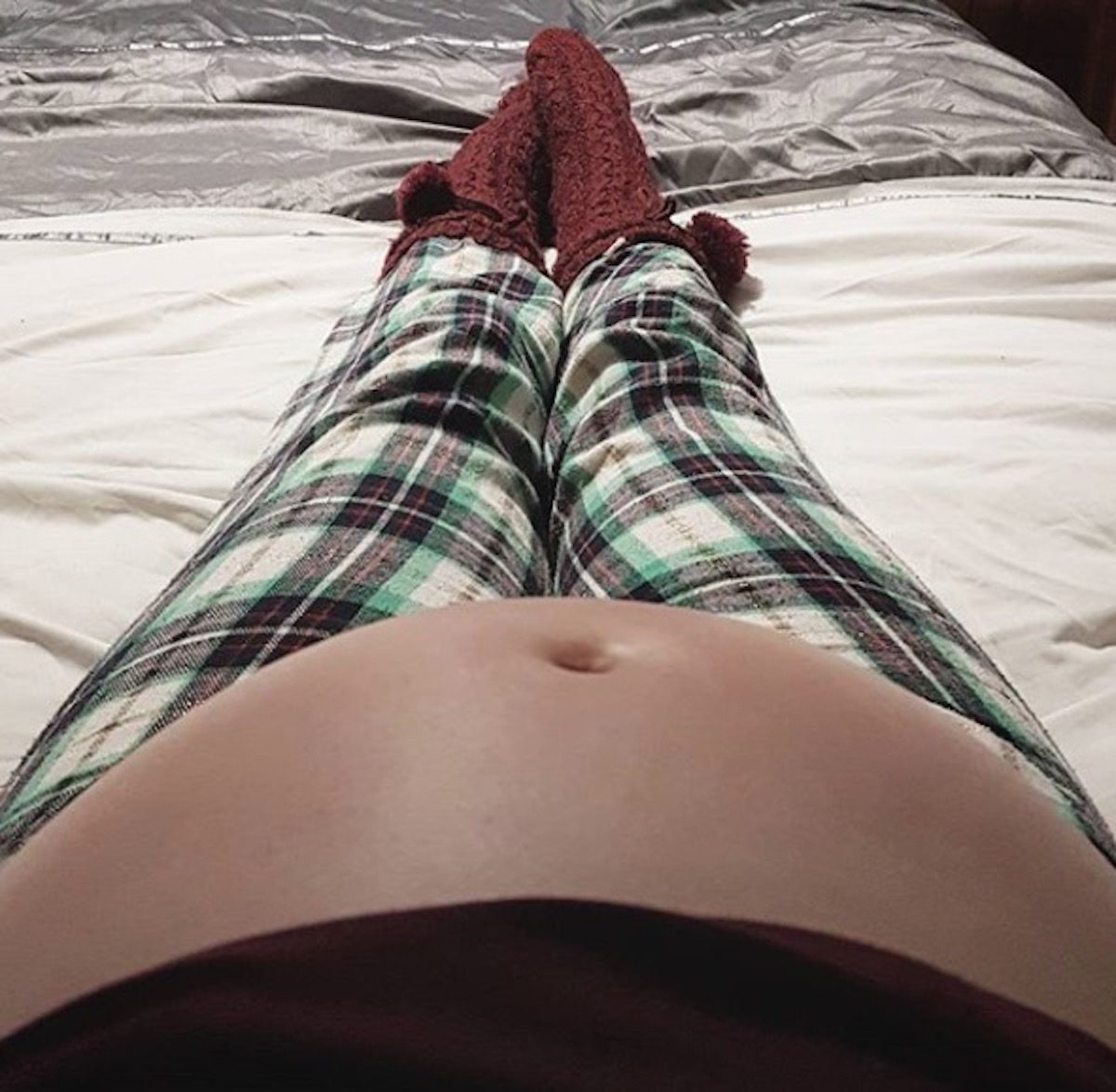
Many parents excitedly mistake their baby's movements for a response to some outside stimuli, like their father's voice or a classic Mozart tune.
According to the research in Matthew Walker's book, a lot of the baby's movements are actually just reactions in the REM (rapid eye movement) sleep phase.
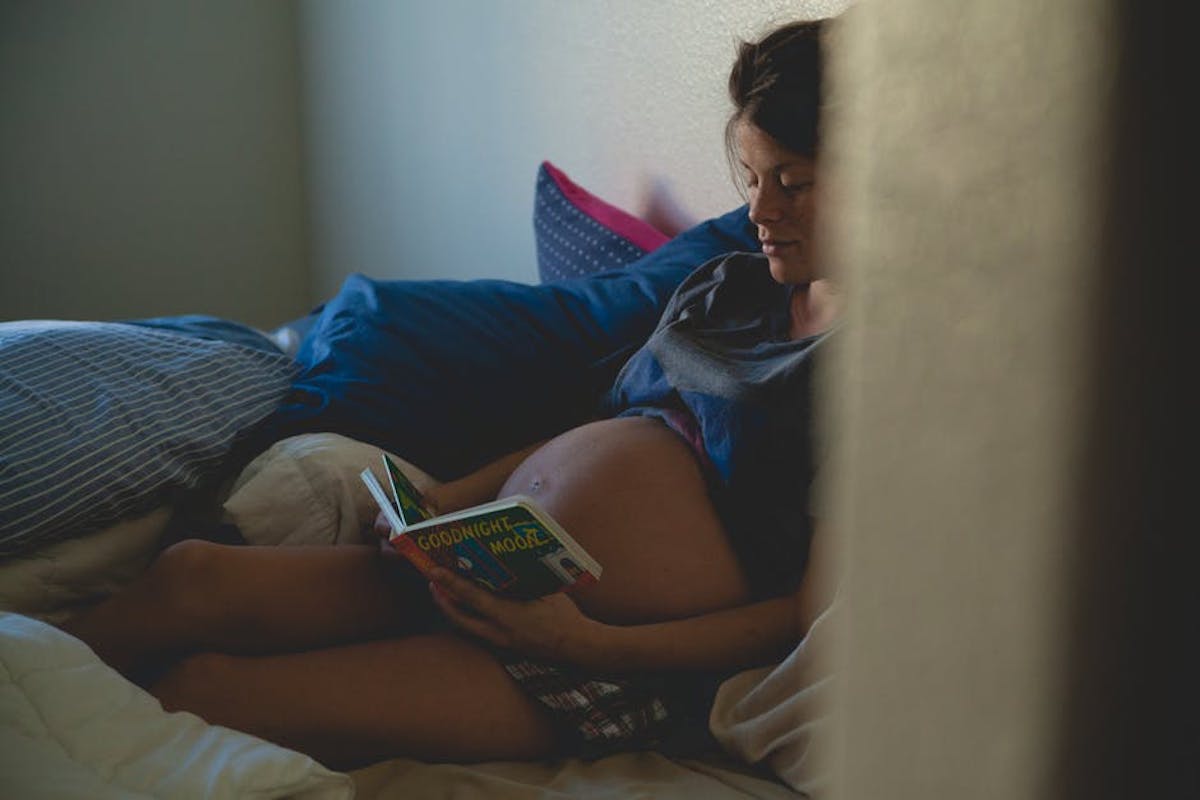
Walker alleges that it's only during the third trimester that babies will begin to practice any form of wakefulness, and that it's less than most parents might think.
During the third trimester, babies may be awake for two to three hours a day, though this likely isn't when they are making their movements.

Babies kick in their sleep the same way adults do, except they do it even more frequently for a number of reasons. It mostly has to do with the fact that babies require a lot of REM sleep, which is the stage characterized by brain activity that can trigger random movements and twitching.
Essentially, playlists like this are fantastic for relaxing the mother, though they might not have the brain-powering capabilities that some parents believe.
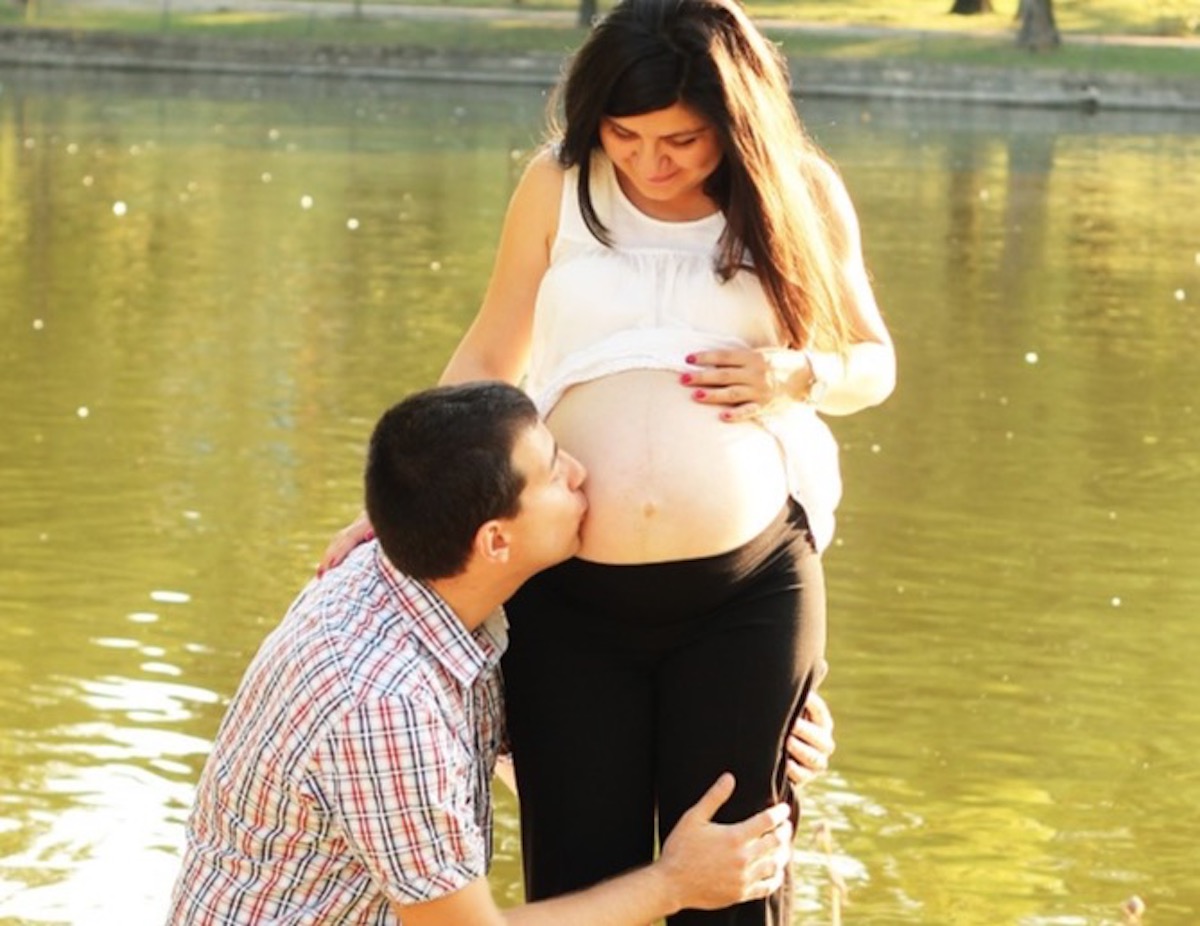
While talking to and engaging with your unborn baby is totally normal and healthy to begin developing a bond on your end, the baby probably can't hear you.
But don't worry. Your baby will know exactly who you are and develop an instant connection as soon as you hold him or her for the first time.
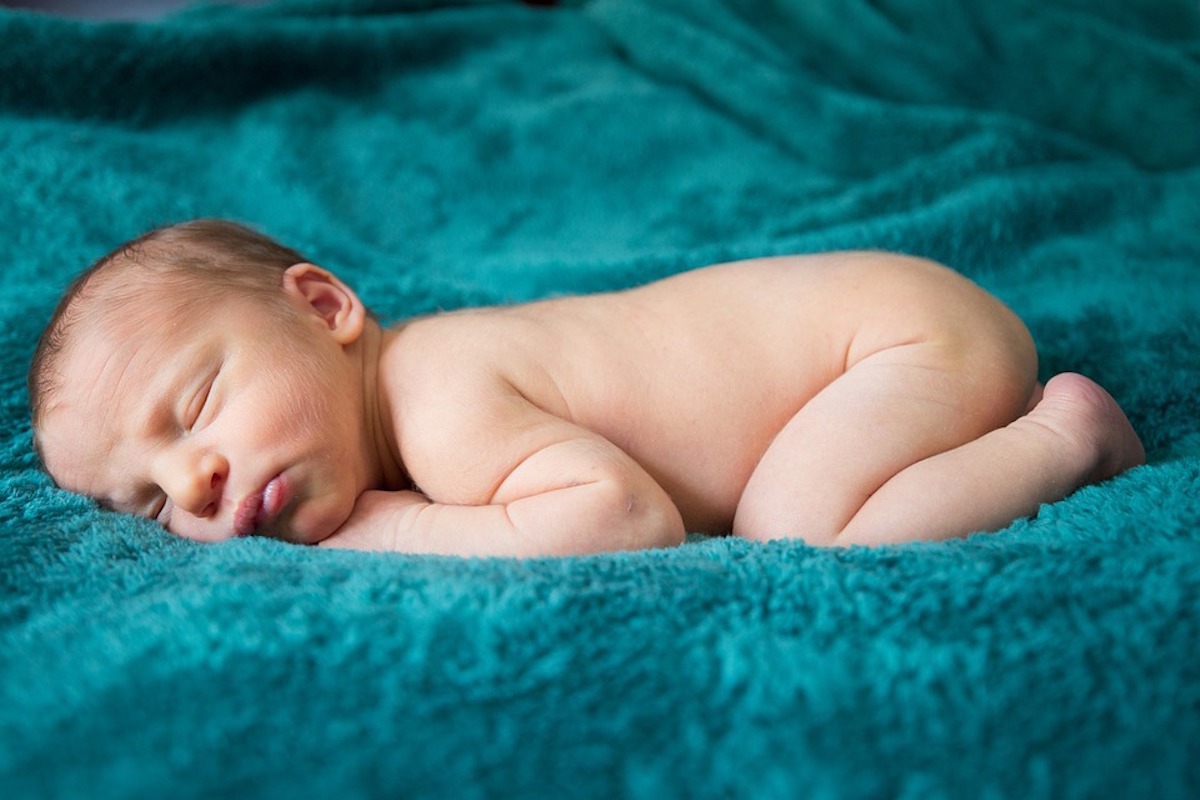
Be sure to SHARE this information with any expectant parents you know!




